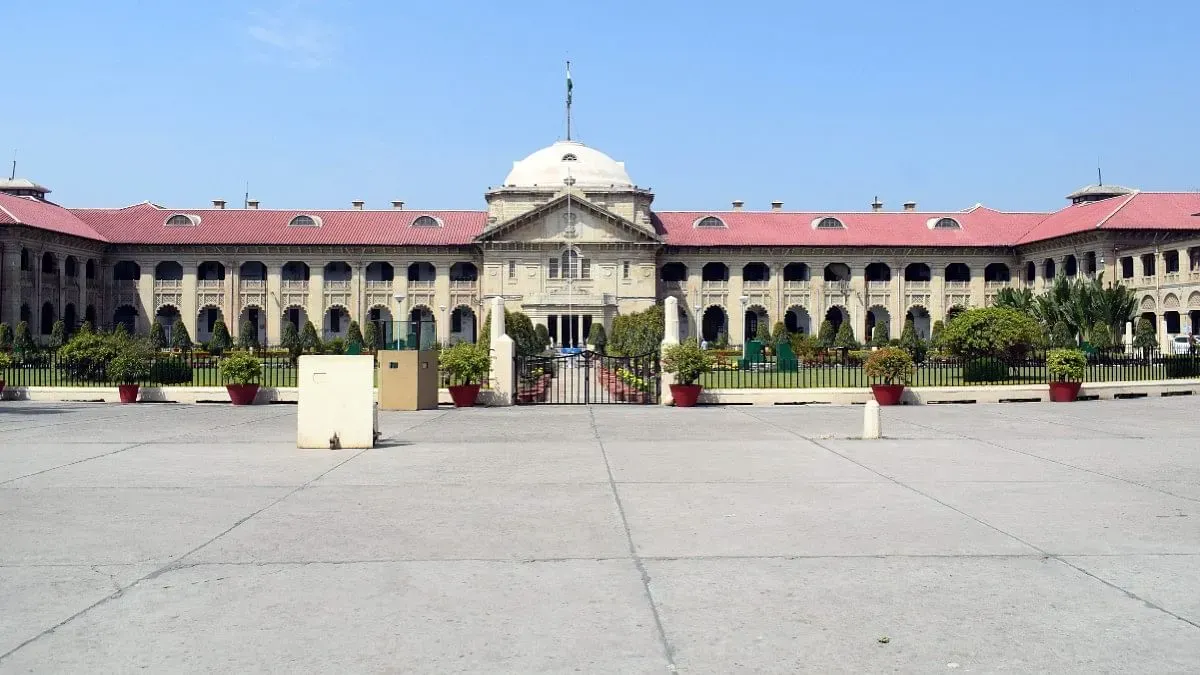Background
The Allahabad High Court recently addressed the eligibility for reservation benefits under the U.P. Public Services (Reservation for Physically Handicapped, Dependents of Freedom Fighters, and Ex-Servicemen) Act, 1993. The petitioner, Avani Pandey, a great-grandchild of recognized freedom fighters from Bihar, sought reservation benefits for NEET-UG 2024. She claimed that her exclusion from the "dependent of freedom fighters" category violated her constitutional rights under Articles 14, 15, and 16 of the Indian Constitution.
Petitioner's Claim
Avani Pandey contended that as the great-grandchild of freedom fighters, she should be entitled to reservation benefits. She had appeared for NEET-UG 2024 and was denied permission to participate in the counseling session. Her case was grounded in her familial ties to freedom fighters from Bihar. She also challenged the guidelines of the NEET-UG 2024 exam that limited the reservation benefits to certain categories of descendants from U.P., excluding those from other states.
Key Legal Issues
The crux of the case revolved around the interpretation of the term "dependent of freedom fighters" as defined under Section 2(b) of the U.P. Reservation Act. The legal question before the court was whether great-grandchildren fell within the scope of "dependents of freedom fighters." The petitioner’s counsel argued that the exclusion of great-grandchildren violated the fundamental right to equality and sought the court's intervention in ensuring her inclusion.
Court’s Analysis
The Allahabad High Court, relying on its previous decision in Krishna Nand Rai v. State of U.P., held that the term "dependent" was exhaustively defined within the Act. The statutory definition explicitly limited dependents to sons, daughters, grandsons, and granddaughters, excluding great-grandchildren. The court noted that this exclusion was deliberate and part of a larger legislative intent to restrict reservation benefits to direct descendants only.
Justice Alok Mathur, who presided over the case, affirmed that while the petitioner's ancestors were indeed freedom fighters, the statute's definition was clear and binding. The petitioner’s claim, being that of a great-grandchild, did not meet the requirements under the law. Justice Mathur emphasized that the legal precedent established in Krishna Nand Rai was fully applicable to this case, reinforcing that great-grandchildren are not considered "dependents."
Constitutional Challenge
The petitioner had also argued that the NEET-UG 2024 guidelines violated her rights under Articles 14, 15, and 16 of the Constitution, which guarantee equality and non-discrimination in access to public resources and employment. However, the court did not find merit in this challenge. The reservation laws were deemed constitutionally valid as they were based on rational classifications and legislative policy. The court reiterated that reservation policies must balance individual claims with the legislative purpose of protecting only a limited class of beneficiaries.
Dismissal of Petition
Ultimately, the court dismissed the writ petition. It held that the petitioner, as a great-grandchild of a freedom fighter, could not be included in the scope of the U.P. Public Services Reservation Act's definition of a dependent. The denial of reservation benefits was found to be in accordance with the law, and there was no violation of constitutional principles in excluding great-grandchildren from the ambit of reservation policies.
Legal Implications
This ruling has far-reaching implications for the interpretation of reservation benefits under the U.P. Public Services Reservation Act. It underscores the restrictive interpretation of "dependents of freedom fighters" and clarifies that the law intends to limit these benefits to immediate descendants only. The judgment also highlights the judiciary's deference to legislative intent in framing policies related to reservations and affirmative action, ensuring that such benefits are not extended beyond the statutory scope.
Conclusion
The Allahabad High Court's decision in this case reinforces a narrow interpretation of reservation laws, confirming that only sons, daughters, grandsons, and granddaughters of freedom fighters qualify as dependents under the U.P. Reservation Act. This case affirms the judiciary's commitment to uphold legislative clarity while balancing constitutional challenges to reservation policies. The court’s reliance on precedent in Krishna Nand Rai further solidifies the exclusion of great-grandchildren from the reservation framework, maintaining a strict reading of the law.










0 Comments
Thank you for your response. It will help us to improve in the future.